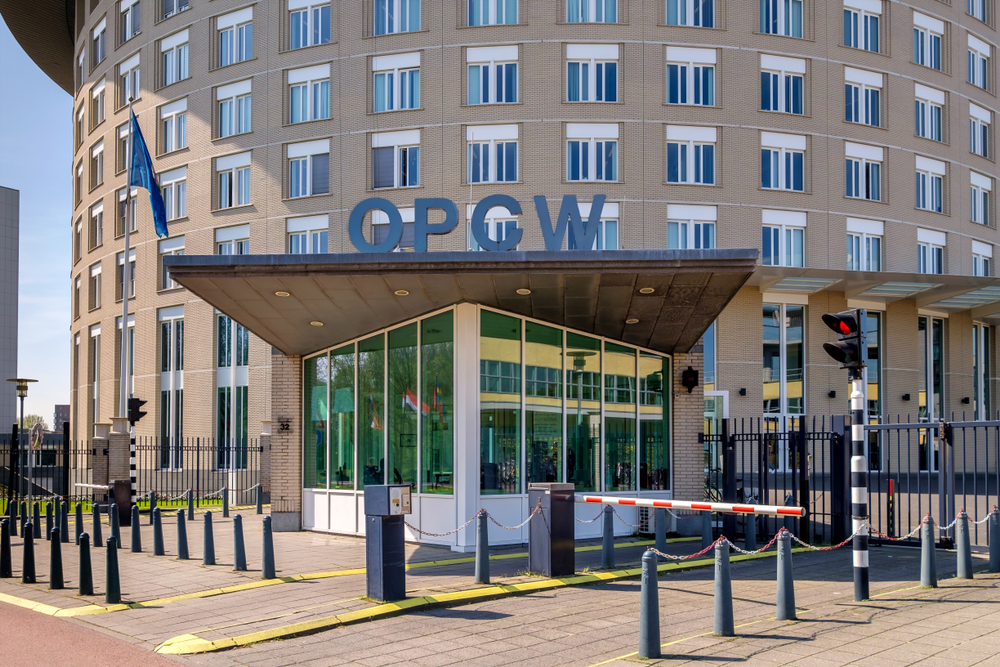
Both state and industry representatives from 25 nations gathered in Qatar earlier this month as part of the Organization for the Prohibition of Chemical Weapons (OPCW) and collectively agreed to increase cooperation in the future.
“All chemical industries regardless of the size and scale need to be engaged in addressing new and emerging challenges, including the threat of chemical terrorism,” Chizu Matsushita, senior coordination and planning officer for OPCW, said.
In all, nearly 70 representatives were on hand for the pledge. That pledge followed discussions on how to improve efficiency and effectiveness in the Chemical Weapons Convention’s verification regime, which covers 98 percent of the world’s chemical industry. They also discussed how to raise national awareness of the Convention and what role the organization’s Article VI — addressing activities not prohibited by the convention — would play as new threats emerge.
Participants came from Algeria, Angola, Bangladesh, Brazil, Chile, Colombia, Croatia, El Salvador, Ghana, Guatemala, India, Iran, Japan, Kenya, Malaysia, Myanmar, Nigeria, Pakistan, Peru, Philippines, Sierra Leone, Sri Lanka, Ukraine, the United Kingdom, and Zambia.




